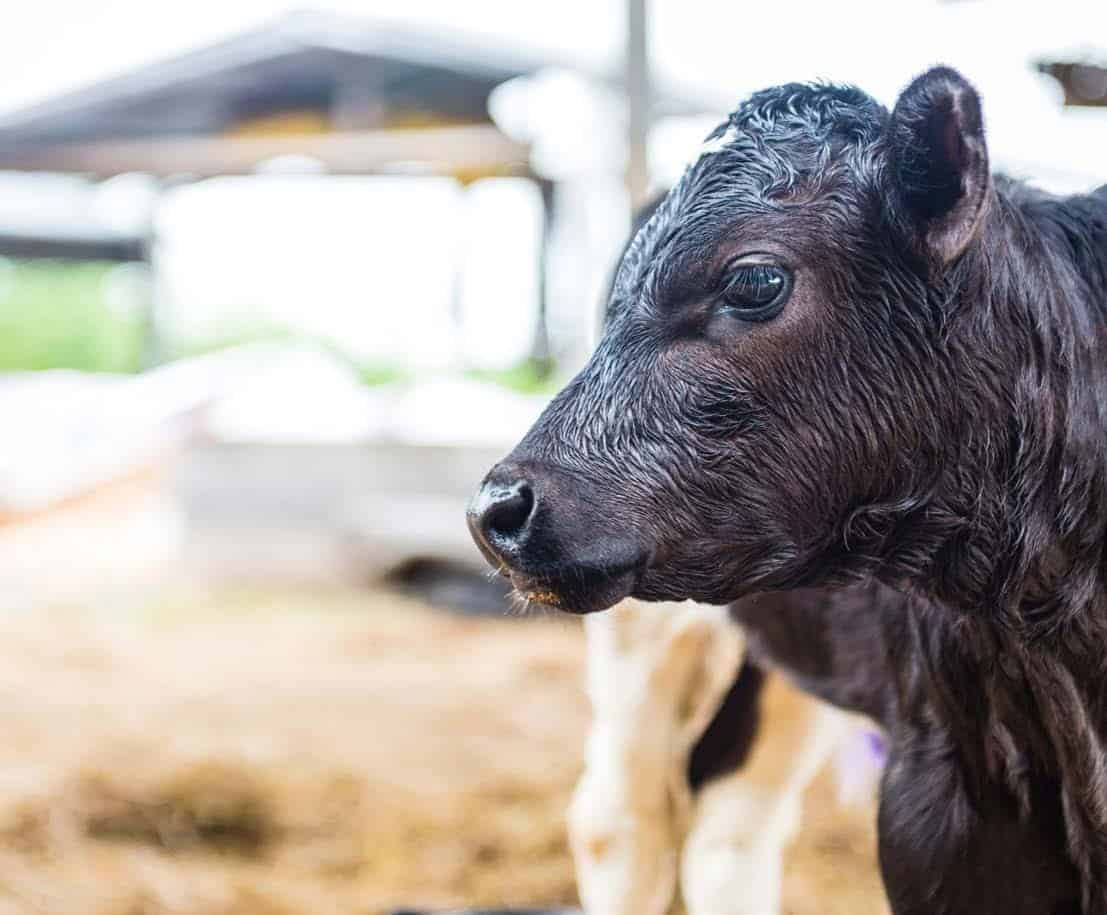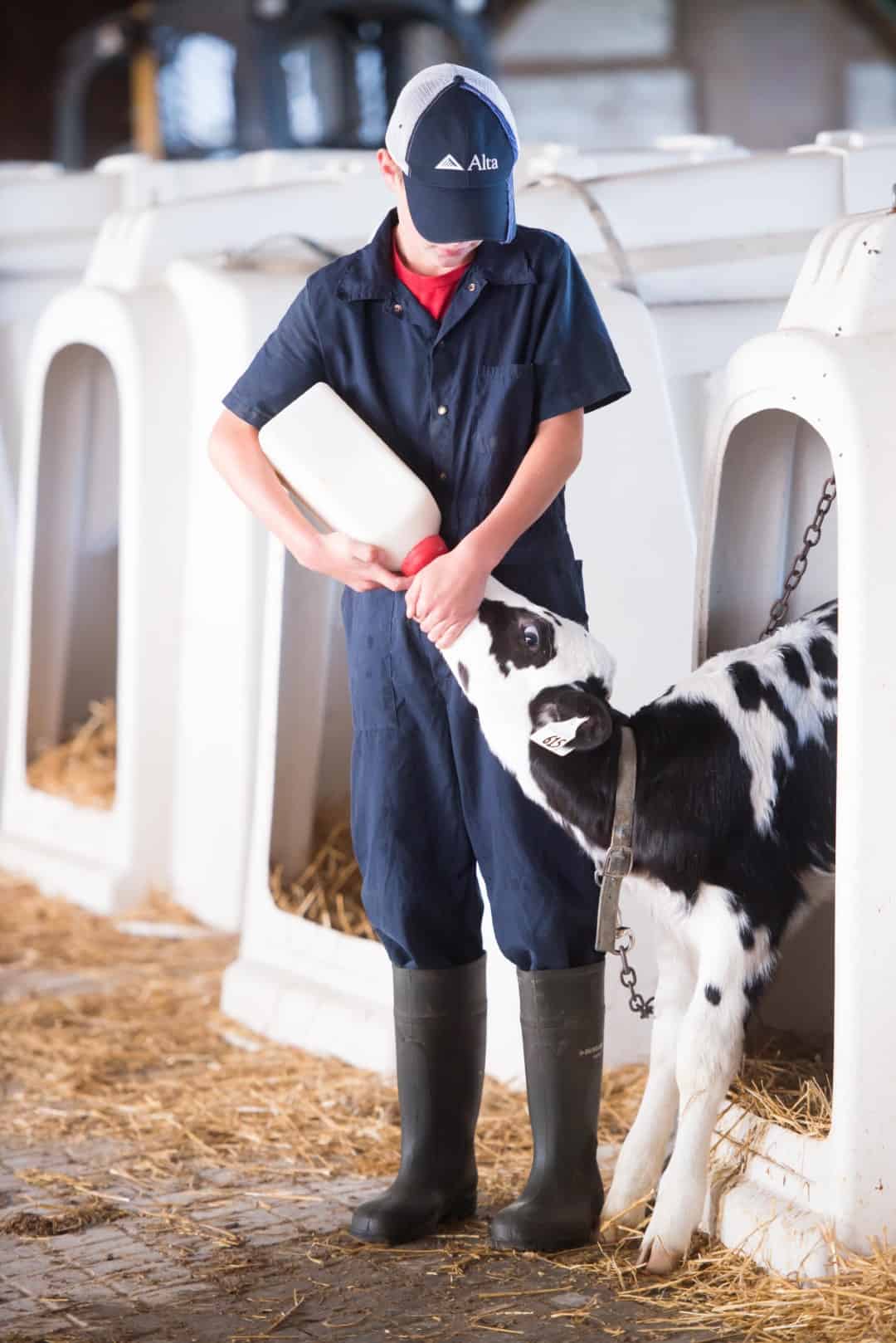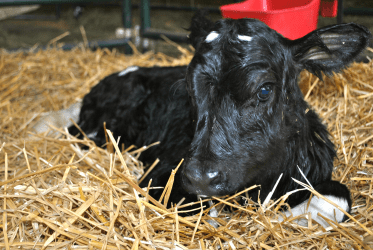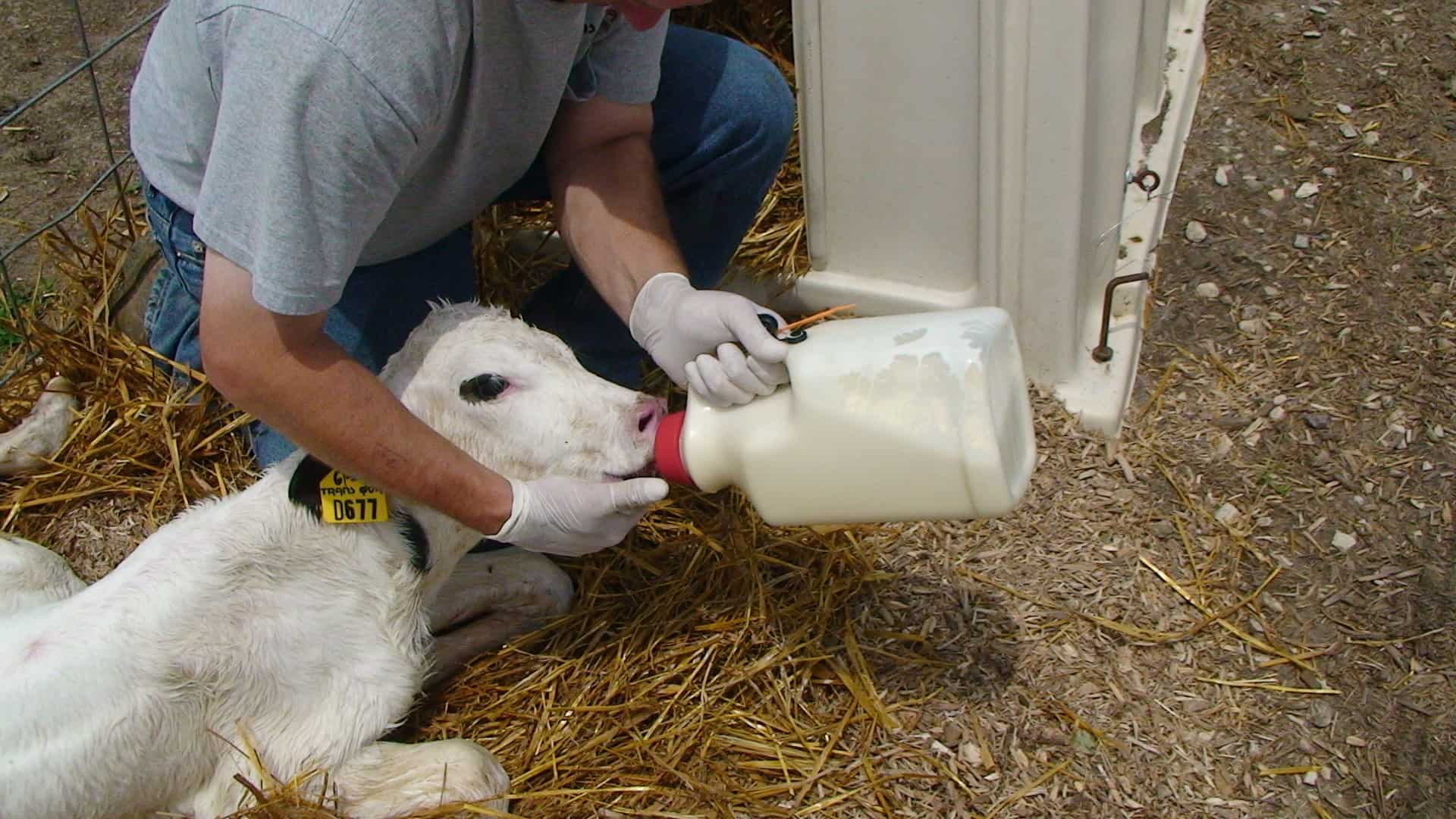
The Colostrum Counsel – Feeding dried colostrum to newborn lambs and kids proves a highly effective and convenient alternative
Newborn lambs and kids require colostrum at birth as a sole source of nutrition. When the dam cannot provide enough high quality colostrum, producers now have a highly effective and convenient alternative.





